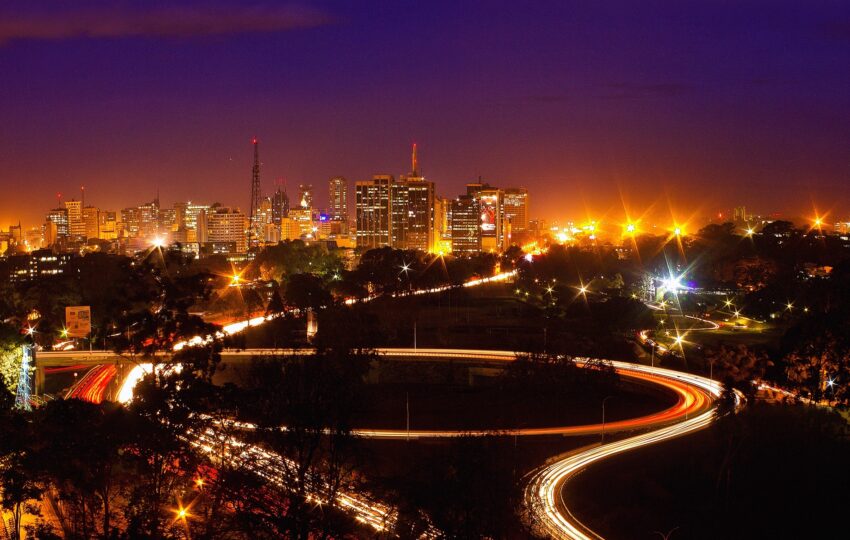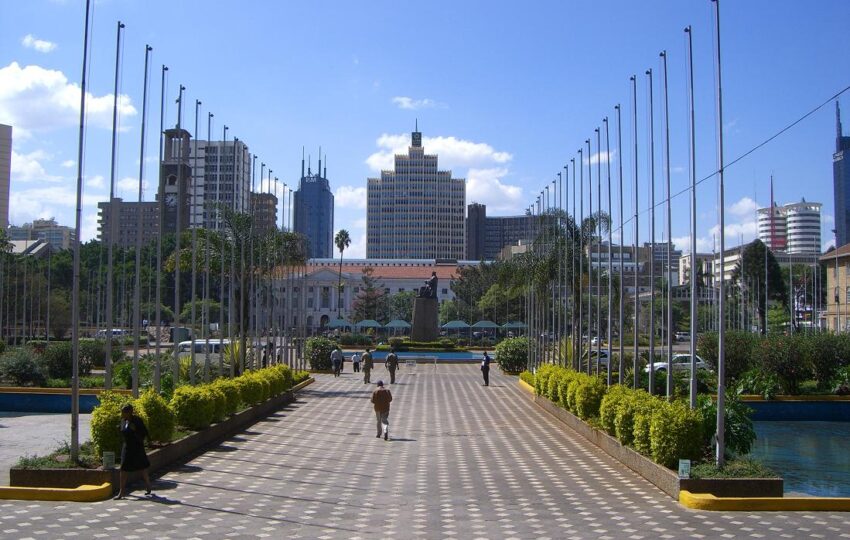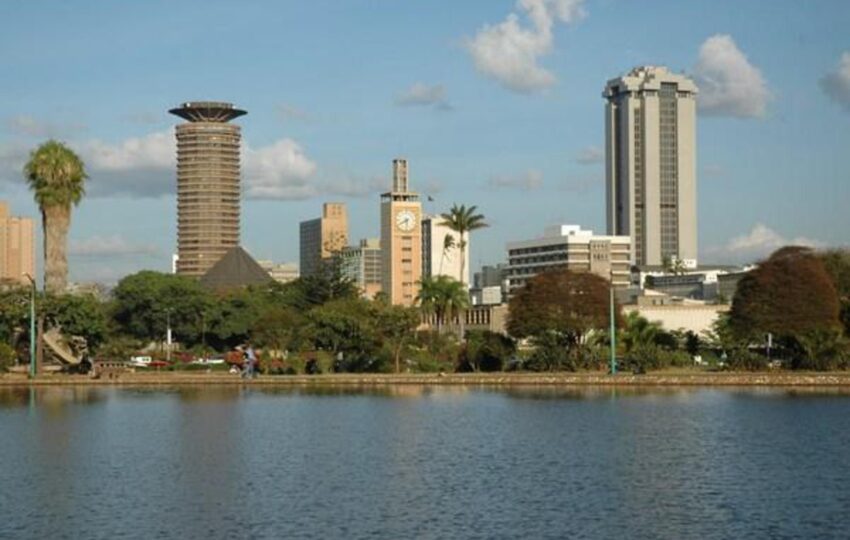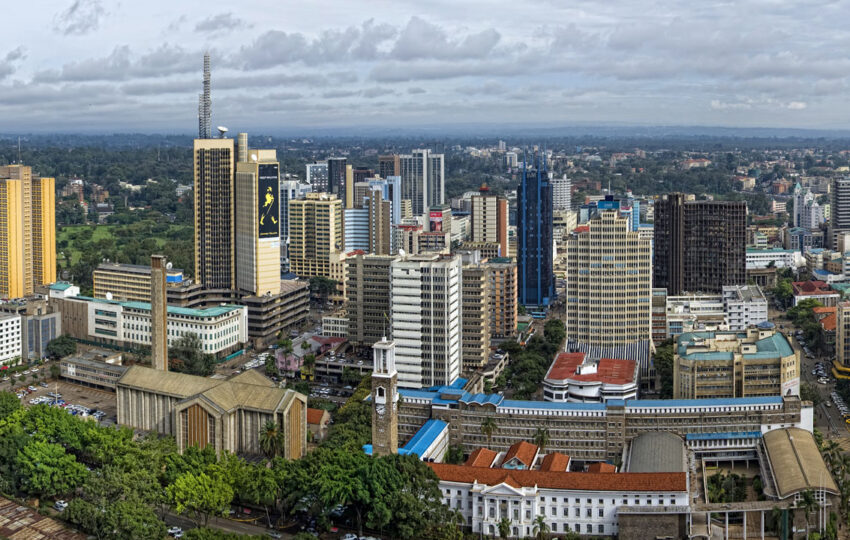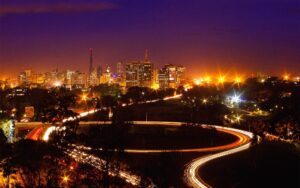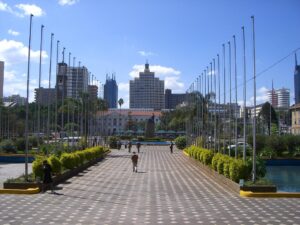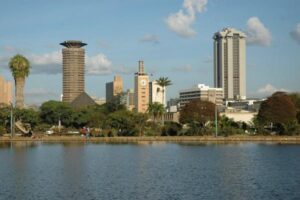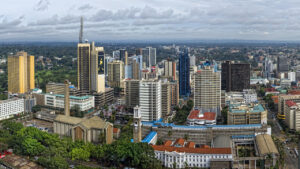Nairobi is the capital and largest city of Kenya. The city and its surrounding area also form the Nairobi Province. The name “Nairobi” comes from the Masai phrase Enkare Nyirobi, which translates to “the place of cool waters”. However, it is popularly known as the “Green City in the Sun”
During Kenya’s colonial period, the city became a center for the colony’s coffee, tea and sisal industry. Nairobi is also the capital of the Nairobi Province and of the Nairobi District. The city lies on the Nairobi River, in the south of the nation, and has an elevation of 1795 meters above sea-level.
Nairobi is the most populous city in East Africa, with a current estimated population of about 3.5 million. Nairobi is currently the 13th largest city in Africa. Nairobi is now one of the most prominent cities in Africa politically and financially. Home to many companies and organizations, including the United Nations Environment Programme and the UN Office in Africa, Nairobi is established as a hub for business and culture. The Nairobi Stock Exchange (NSE) is one of the largest in Africa, ranked fourth in terms of trading volume and capable of making 10 million trades a day.
Between 1896 and 1898, the Uganda Railway Company paid for by the British laid railway tracks from Mombasa to Nairobi. Built under tremendous human hardship, 600 miles long and six years to build, “The Lunatic Line” transformed East Africa, and by 1907, Nairobi had become the new capital.
Situated 100 miles south of the Equator, and 300 miles west of the Indian Ocean at an elevation of 5,500 feet, Nairobi’s pleasant climate has been an important factor in its booming success. The nights are cool, the days are warm, the temperature rarely exceeds 75 degrees and humidity is low.
The beauty of Nairobi greets the visitor already from the air sighting the colorful Bougainvillea lining avenues, highways, and the beautiful Jacaranda Trees blossoming everywhere. An oasis of modern conveniences, Nairobi offers the visitor an array of high caliber hotels and excellent restaurants and an abundance of African culture and art. It is a virtual Spice for shopping which often start with a visit to a local Safari Outfitter for a custom-fit Safari Suit.
In addition to many smart boutiques and art galleries, the shopping experience will include traditional colorful outdoor African markets, and while on Safari, the warm and friendly tribal roadside vendors welcome negotiating their prices with you. Among the many Kenyan artifacts offered are Masai tribal ornaments and spears, Merchaum pipes, hand woven sisal baskets and bags, as well as a dazzling array of batiks, multi-colored fabrics, and pottery and ebony carvings. Elegant jewellery, gems and corals are plentiful and inexpensive and Kenya offers unexpected items such as colonial furniture and antique Arabian doors
Enjoy the Nairobi walking city Tour

